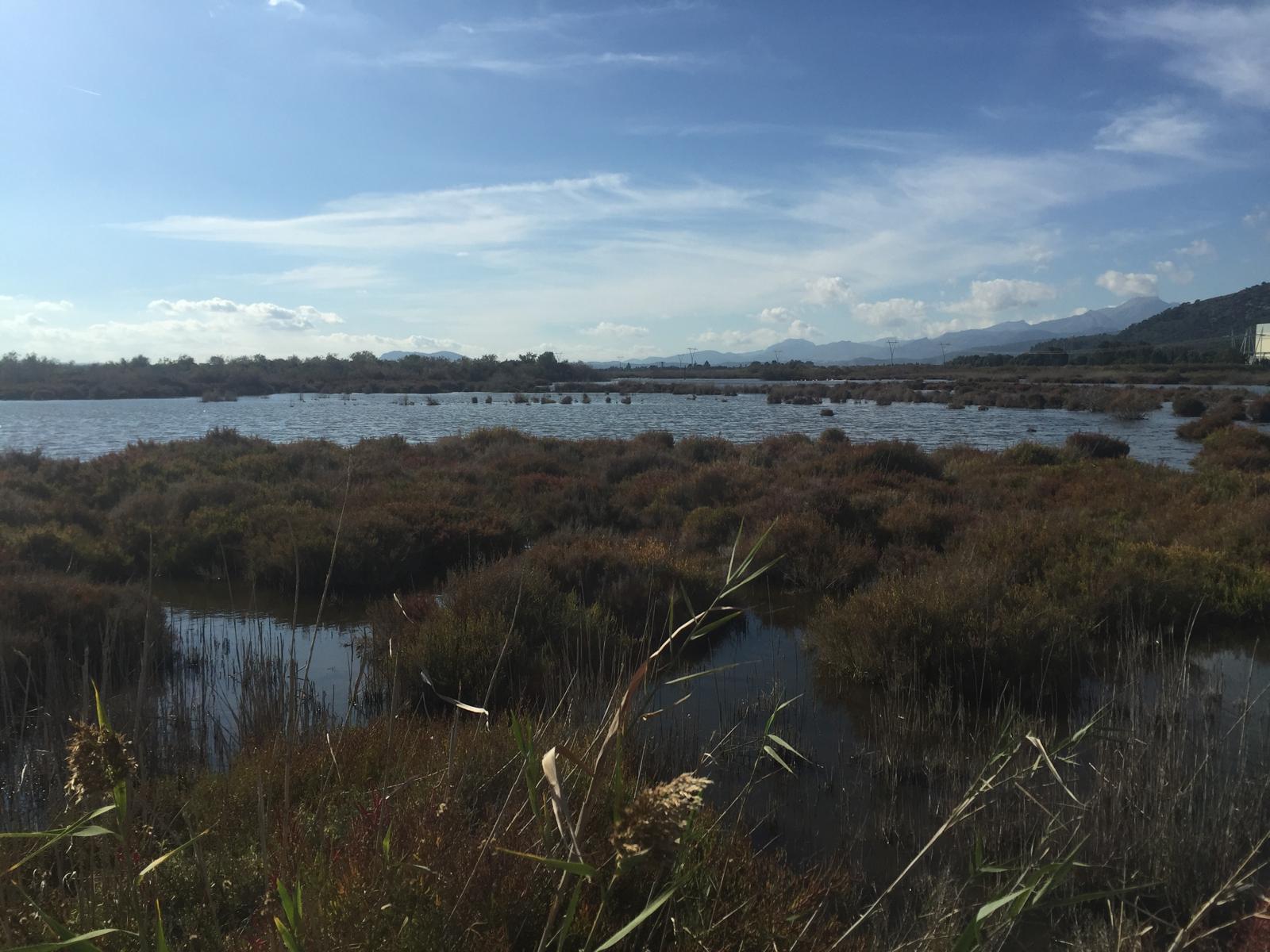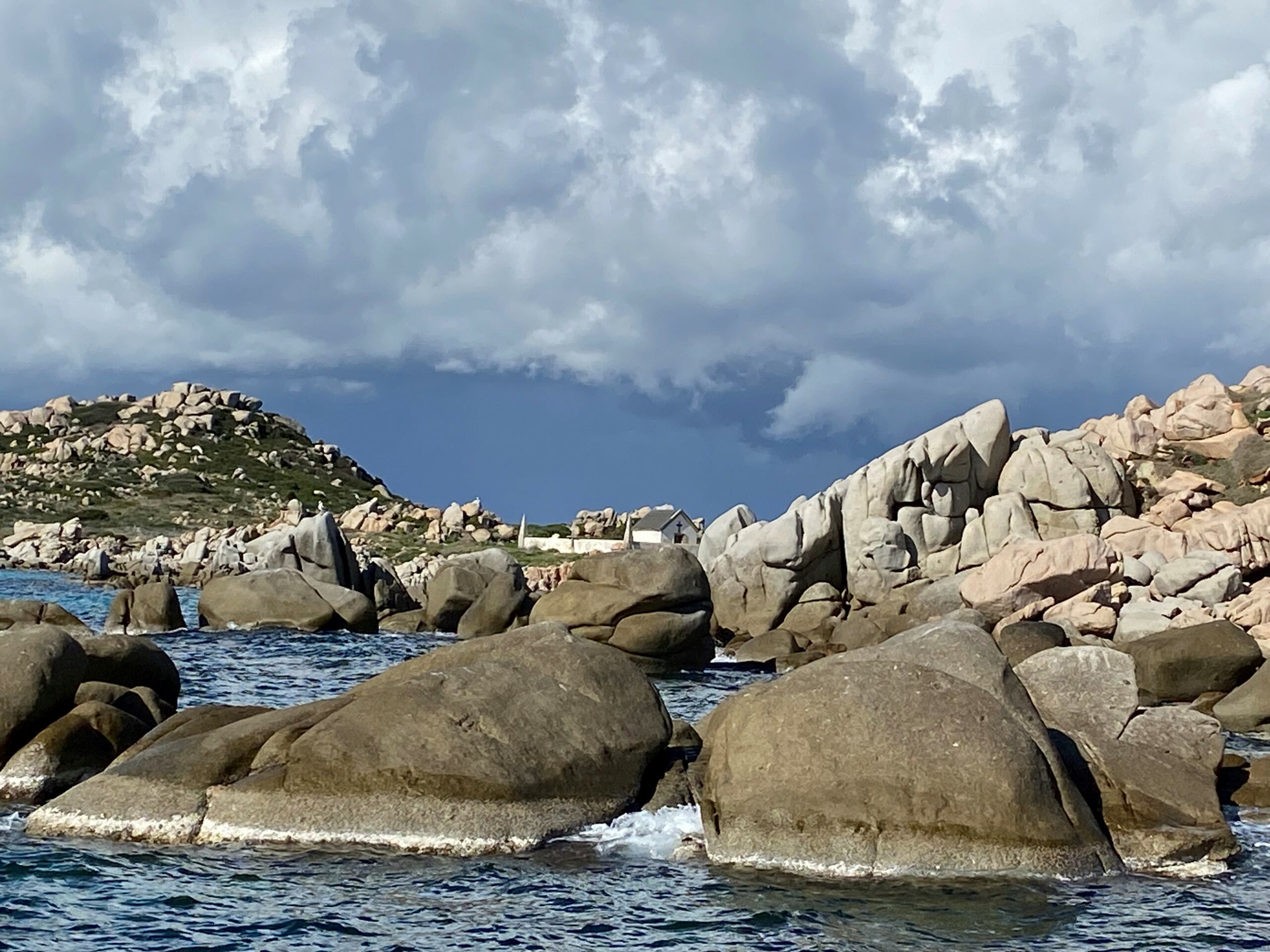
What we do
The biodiversity of the Mediterranean Sea is under increasing threat from legacy and emerging contaminants, marine litter (including microplastics), noise and light pollution, invasive species and habitat destruction — all of which are driven by growing human activity and intensified by climate change.
In response to this challenge, MIRAMAR is bringing together fragmented knowledge to develop an integrated, cross-border approach to managing multiple environmental stressors. The project aims to generate robust, evidence-based insights to support long-term ecological stability and shared Mediterranean priorities.
NINE PILOT AREAS

Working across nine pilot areas in six Mediterranean countries — Albania, Croatia, France, Greece, Italy and Spain — MIRAMAR will:
- Monitor how multiple stressors affect vulnerable ecosystems
- Test harmonized, innovative methods for data collection and analysis
- Co-develop nature-based solutions for mitigation and restoration
- Align actions with key European and Mediterranean environmental policies
What sets MIRAMAR apart is its collaborative model, with research centres, universities, NGOs and public authorities working together through Living Labs, co-creation processes and capacity-building tools to transform knowledge into action, strengthening governance and resilience in coastal and marine environments.
WHEN AND WHERE
MIRAMAR was launched in April 2025 and will run for 33 months, until the end of 2027.
The project operates across nine pilot areas located in biodiversity-rich zones of the Mediterranean; each selected for their ecological relevance and exposure to cumulative environmental stressors. These sites represent a diversity of ecosystems, including seagrass meadows, wetlands, coastal lagoons, and marine habitats of endangered species.
Pilot areas include:
- Secche della Meloria Marine Protected Area – Tuscany, Italy (seagrass meadows and marine protected habitats)
- European Special Protection Area (SPA) – Tuscany, Italy (coastal habitats for protected bird species)
- Aeolian Islands (Vulcano, Panarea) & Capo Peloro Lagoon / Lago di Faro – Sicily, Italy (island marine habitats and coastal lagoons)
- Lavezzi Island, Bonifacio Strait Natural Reserve – Corsica, France (rocky reef ecosystems and sensitive marine zones)
- Amvrakikos Wetlands National Park – Greece (wetlands and estuarine ecosystems)
- Western Istria Coast – Croatia (coastal marine systems and nearshore biodiversity hotspots)
- Vjosa River Delta – Albania (river–marine transition zone and coastal wetlands)
- Bay of Pollença – Balearic Islands, Spain (seagrass meadows, particularly Posidonia oceanica)
- Parco di Migliarino, San Rossore, Massaciuccoli – Tuscany, Italy (coastal lagoons and wetland)
By working across borders and ecosystem types, MIRAMAR strengthens the Mediterranean’s collective capacity to address environmental challenges through coordinated, science-based action.


